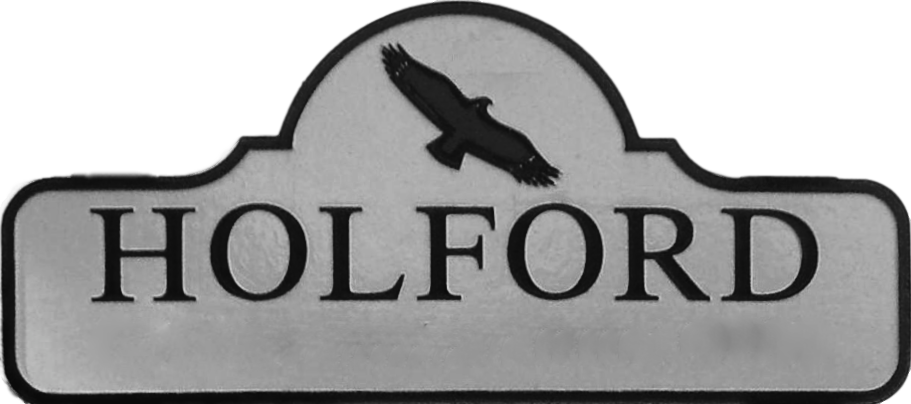The central function of the Council, the making of local decisions and policy relevant to the public interest of the parish, is performed at the meetings of the Council. A Parish Council must hold an annual meeting and at least three other meetings in a year; however monthly meetings are the most common, and some larger councils have fortnightly meetings. An extraordinary meeting may be called at any time by the chairman or members, but due notice must be given.
A Council can form committees with delegated powers for specific purposes; however, these must adhere to the protocols for public attendance, minute-taking and notice of meetings that apply to the main Council. A committee may form sub-committees. A Council can also appoint advisory groups which are exempt from these constraints to give flexibility, but these have no delegated powers and cannot make financial decisions. Such groups may contain members who are not councillors.
A Parish Council consists of the chairman and not fewer than five elected Parish councillors, and a quorum of the main council committee is at least one-third of the members, or three members, whichever is the greater. Every meeting is open to the public, who are encouraged to attend, except for those items where the Council formally resolves to exclude the public and press on the grounds that publicity would be prejudicial to the public interest. This would have to be due to the confidential nature of the business. This latter also applies to any sub-committee of the Parish Council.
Notice of meetings must be given at least three clear days before and be displayed in a “noticeable place” in the Parish, giving time, date and venue. A summons to attend the meeting is also issued, specifying the agenda, to every member of the Council. Items not on the agenda cannot be formally debated or resolved. Items brought up by the attendance of the general public or in correspondence can be discussed, but formal resolutions on these musts be deferred to the next meeting so that due notice can be given.
The minutes of the meeting are taken by the Clerk, and are ratified at the next meeting of the council. They must also be displayed in a noticeable place in the parish, and for many councils, they are now also displayed on the internet.
Procedures for the conduct of meetings are set out in Schedule 12 of the Local Government Act 1972, and where this is not overridden by legislation, by the standing orders of the Council. Most adopt the National Association of Local Councils (NALC) model standing orders.
